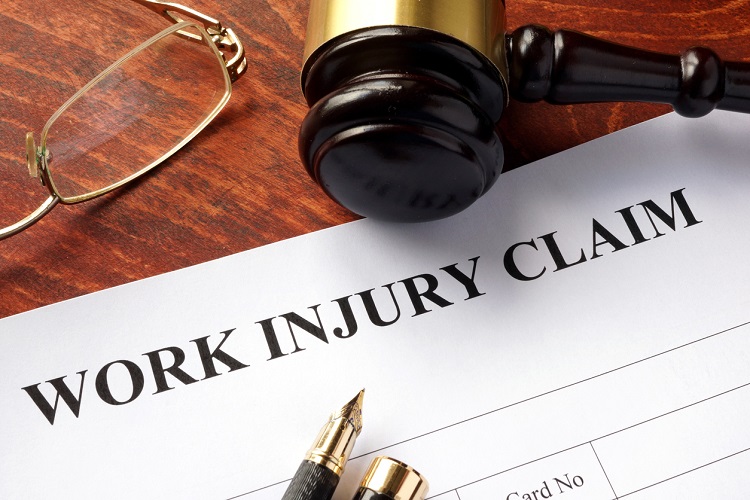When an accident occurs at work unexpectedly, it may cause problems in all aspects of life and be costly. As a result, employees do not have to bear all the expenses of job-related injuries because Workers compensation claims exist. They provide medical care, some of their wages, and support during recovery to workers.
Table of Contents
What Are Workers Compensation Claims?
Anyone injured or sick at their job can file a workers compensation claim. The main reason for this system is to protect both worker and employer interests. Employees injured at work get financial help and the needed payments, and employers do not have to face costly lawsuits.
These claims typically cover:
Medical Expenses: Treatment often involves hospitalizations, different drugs, surgeries, as well as physical therapy.
Lost Wages: The employee is paid a fraction of their salary while they are out of work.
Permanent Disability Benefits: Options are available for workers with long-term or permanent loss of their ability to work.
Vocational Rehabilitation: Guidance or help for the worker to start a career in a new job if the old job cannot be restored.
Common Reasons for Filing
Different industries may face various types of workplace injuries, but some common reasons for them are:
- Slips, trips, and falls
- Machinery accidents
- Certain conditions that develop from regular motions include carpal tunnel syndrome.
- Exposure to harmful substances
- Lifting and overexertion injuries
While some employers take stress and trauma in the workplace into account, it can be difficult to provide evidence for these claims.
How You Should File for Workers Compensation
To sum up, filing a workers compensation claim usually requires carrying out a few critical steps.
Report the Injury Immediately: Immediately let your employer know once the incident takes place. Being on time with your report is important, as waiting can endanger your claim.
Seek Medical Attention: Describe the injury as work-related when seeing a medical professional. The process is slowed down when the medical information is missing or disorganized.
File the Necessary Paperwork: You will be given the necessary forms by your employer or the insurance company. Ensure all the information is correct and hand in your forms on time.
Follow Through: Keep all your following appointments and follow the treatment guideline you receive. It is important to document all the expenses and official exchanges.
What Should You Do If Your Claim is Refused?
It is not always possible to obtain a claim approval. When your claim is rejected, the law allows you to appeal the outcome. This typically involves:
- Figuring out the specific reason why the decision was made
- Looking for further information through document review or eye-witness accounts
- Showing up for a hearing or mediation session
- Engaging a workers compensation lawyer is likely to give you a better chance during your appeal.
Final Thoughts
Knowing about workers compensation claims is important for everyone who works for a living. In every job and in every workplace, being aware of your rights and the right ways to handle things is important for your recovery. Talk to your HR or seek legal advice if you are not sure about the process to protect your rights. In case you come across a problem, talk to the system since it is here to assist you.

